Theatre ghosts walk the West End again
London stages are haunted by shows which focus on past glory
It is hard to escape history in London’s West End. However new might be the shows they are seeing, visitors to the teeming streets of England’s theatreland are simply walk-on players in a pageant of theatrical heritage.
It certainly felt that way when we took in two current shows - based just a brief stroll apart - this week.
In truth, I’m not much for second visits. Often I can’t recapture the initial impact of a first viewing, but I knew it would be different when we booked to see Old Friends, the Stephen Sondheim laughter-and-tears tribute show staged by Cameron Mackintosh at the Gielgud Theatre. I was not disappointed - it was equally exciting as the first time I saw it a couple of months ago. And how could it not be? Sondheim’s gems, chiselled from sometimes slightly academic settings and re-polished by astounding performers such as Bernadette Peters, Lea Salonga and Bonnie Langford. It’s invidious to pick out three from such a brilliant ensemble, but I am not here to sing the praises of this stellar cast. (It won’t do you any good anyway, as Old Friends closes on January 6th and it will only annoy you to know what you have missed if you don’t already have a ticket for the last few shows!)
What inspired this Eye of the Beholder wasn’t the show itself but the ghosts of yesterday which it invokes. As the show ends, an enormous image of Sondheim appears behind the players and I got to thinking of just how much the theatre industry of today reveres, re-visits and possibly over-relies on its past.
While we looked for our seats (I booked a box - highly recommended and not as expensive as you might imagine - from which we got a completely different and much more involved view of the action) I had been studying a portrait of Sir John Gielgud on the corridor wall. Gielgud himself was more closely associated with other stages, including one a few minute’s walk from here, but it was a kind tribute by the theatre owners to borrow his name in 1994. Until then this place had been known as The Globe, from 1909. Before that it was the namesake of the chap who planned and paid for it, a composer/showman called Seymour Hicks - it’s not hard to infer that “Hicks Theatre” didn’t conjure up the glow of glamour in the public’s mind which theatre owners desire.
In 1994 the imminent opening of the re-created Shakespeare’s Globe Theatre on London’s South Bank - coupled with an overdue buffing up of the elegant Edwardian interior - inspired the owners to re-brand and they happily chose to honour a theatre knight. And he is the next theatre ghost with whom we walked.
Twenty-four hours later - still humming Sondheim as I walked into St Martin’s Lane - Gielgud was to become the true focus of our evening. The Motive and the Cue is an intensely introspective piece created by writer Jack Thorne and director Sam Mendes. The piece focuses on the rehearsal days, in 1964, of a much-revered production of Hamlet, directed by Gielgud in which Richard Burton played the Prince. It’s star, in every sense, is Mark Gatiss as Gielgud.
The Hamlet on which it is based was a North American show, tried-out in Toronto and then moved to Broadway. It was a significant commercial success, bringing in the crowds, filling the tills and creating a buzz which went far beyond the streets of New York to inspire theatre mythology which this production makes much of today.
The Motive and the Cue is a transfer from the National Theatre and its current venue - the Noel Coward Theatre in St Martin’s Lane - could not be more apposite. On that very stage Gielgud played many roles from 1926 onwards and it was virtually his theatrical home in the ‘30s. What’s more, productions in which he appeared included himself playing Hamlet in 1933 - and so my walk with the ghosts of Stage Past continues.
Burton, of course, does not yet have a West End namesake venue, although there is a smart new auditorium bearing his name in Cardiff, arguably a more appropriate location. While he commanded the whole world of acting and of every medium, Burton was Welsh to his core - born a Jenkins from the mining valleys, before he adopted the more-English surname of his drama teacher.
The Broadway production thrilled American theatre goers - and for those who couldn’t make the live show there was a sound LP. Constraints on capacity of vinyl meant it contained only the key speeches - a sort of Hamlet’s Greatest Hits.
In the interval, Sarah and I reflected on the performance and also on the extraordinary degree to which today’s theatre world draws from previous success - poaching from the world of cinema, pop music, books and TV. We were pushed to recall any show we had seen this year which does not draw on some previous artistic endeavour. Well, there’s one - Dear England, a completely new work by James Graham at the Prince Edward Theatre. Ralph Fiennes plays Gareth Southgate in a football drama. It’s also ending in mid-January, so if you can’t imagine how it is possible to stage a soccer match on a theatre stage you had better get one of the few remaining tickets! I suspect you will be as astonished as we were.
Like the previous night’s venue, the Noel Coward has been re-branded in tribute to one of the pillars of 20th century British theatre - playwright, composer, director, actor, flamboyant wit plus contemporary and friend of Gielgud. It would probably have been better named after Gielgud himself as this theatre saw him in virtual residence in the mid-20th Century including his then record-breaking 472 performances in Richard of Bordeaux but, as I said earlier, most pertinently it’s where Gielgud played Hamlet in 1933. The theatre walls must be reciting the words, along with the cast, when Thorne uses chunks of Shakespeare in his script - so many times have they echoed around this stage.
Gielgud and Coward were friends, colleagues and rivals - sometimes all at once as a much-repeated theatre legend recalls. In 1926 Gielgud was offered the star role in the stage version of the hit novel The Constant Nymph, but having signed him up, the producer Basil Dean discovered Coward, a bigger box office draw, was also available and he also accepted the star role. This quandary was settled by Gielgud being bullied by Dean into becoming the understudy on the strict understanding he would fully replace Coward after six months. Fate intervened after just three weeks when Coward fell quite ill, so Gielgud stepped in and completed a year long run. I expect the two old spectres are still chuckling about it, in some ghostly dressing room.
Once again a painting catches my eye, this time in a corridor at the Coward theatre . This is a slightly wishy-washy watercolour by Cecil Beaton in which Coward looks rather pasty and fey. I think Gielgud wins this little art competition.
Acting world connections go round and round, so let’s return to Richard Burton. Coward had several links with him and Elizabeth Taylor, including a film version of Tennessee Williams’ BOOM! in which all three starred.
Coward’s last link with Burton was a posthumous one. Taylor’s production company decided in 1983 to stage Coward’s classic Private Lives, in New York. America seems to love this play, which has been re-staged there several times, once with Gielgud directing and Maggie Smith and John Standing as the couple. Presumably with an eye to box office revenue, Taylor asked Burton to star with her, despite the acrimony of their two marriages and two divorces. Reviews were poor, Burton was unreliable and it closed early. Burton married his last wife Sally Hay just before the play opened - but he himself joined the ghosts of theatre just a year later.
There has already been, in 2013, a TV behind-the-scenes drama of that play with Helena Bonham Carter as Taylor and Dominic West as Burton. Who would bet against a stage version appearing some time in the future? I think I can hear the theatreland ghosts gossiping about it even now…..




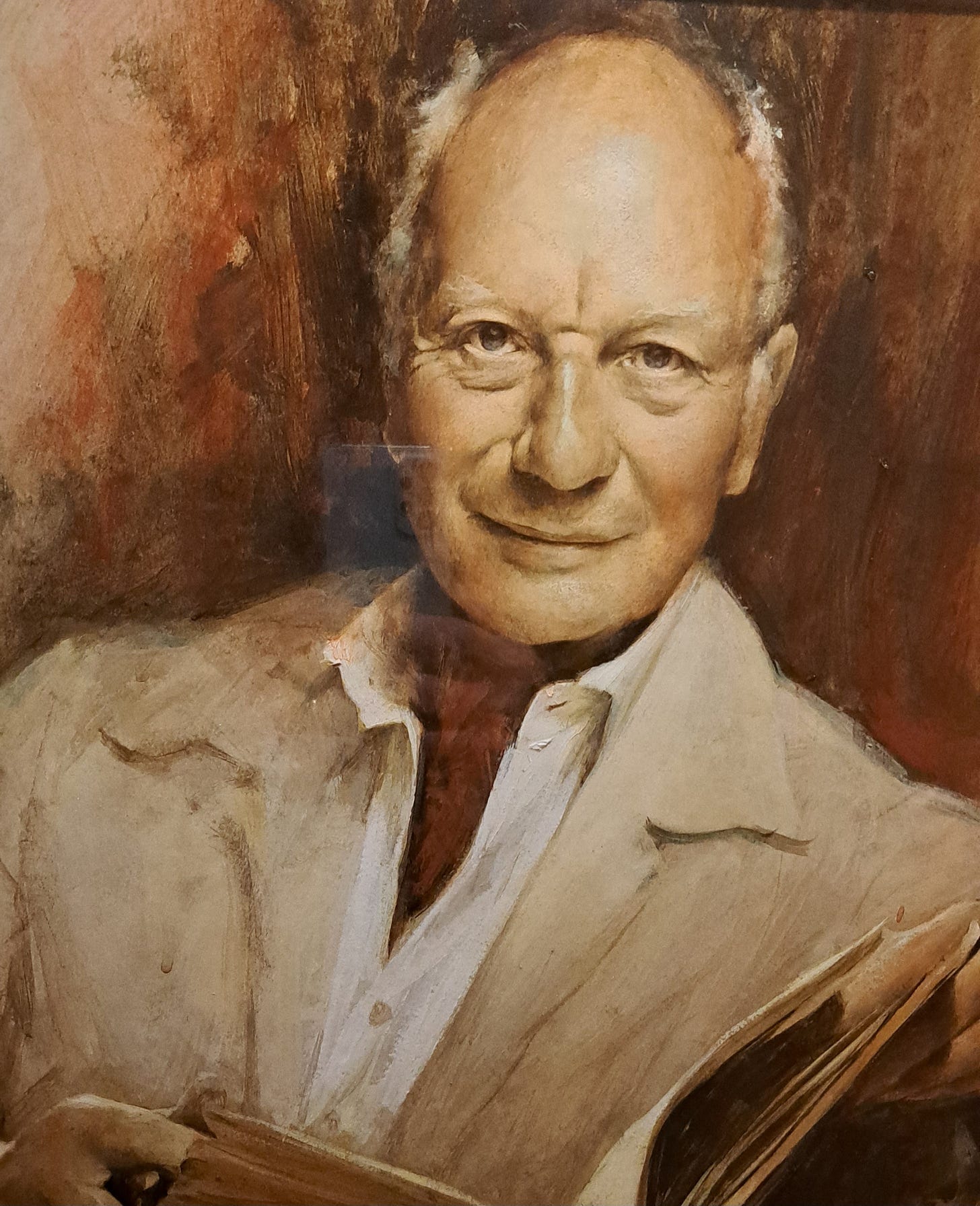
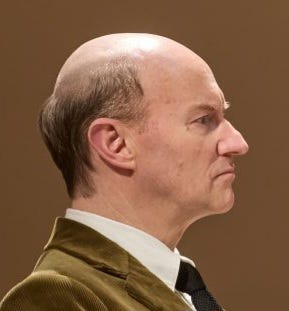


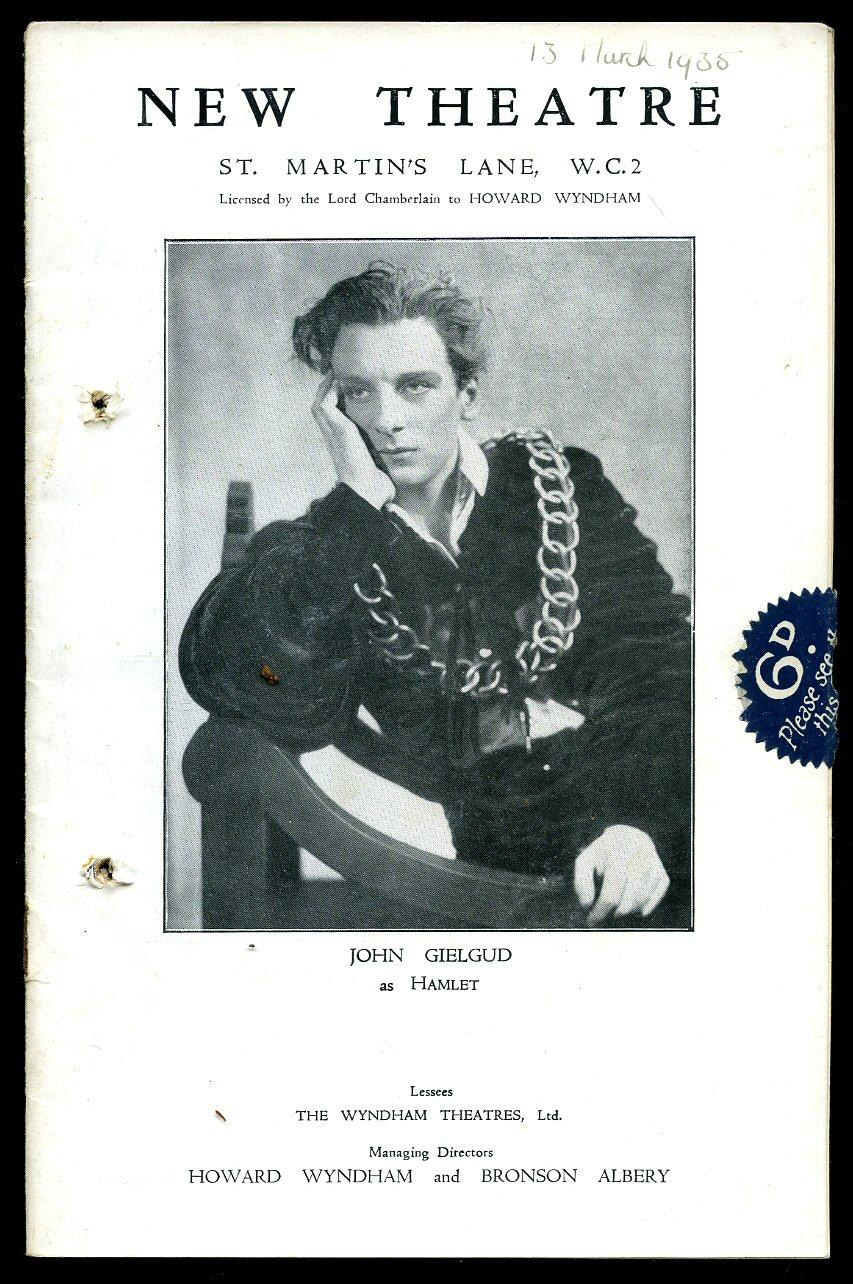
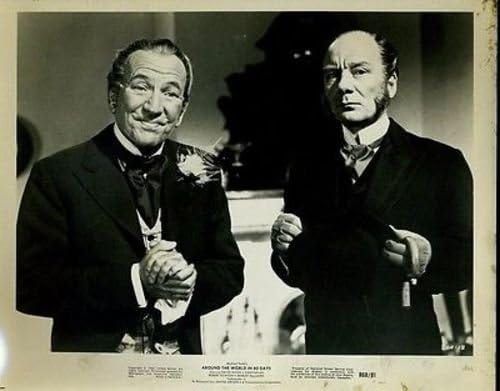
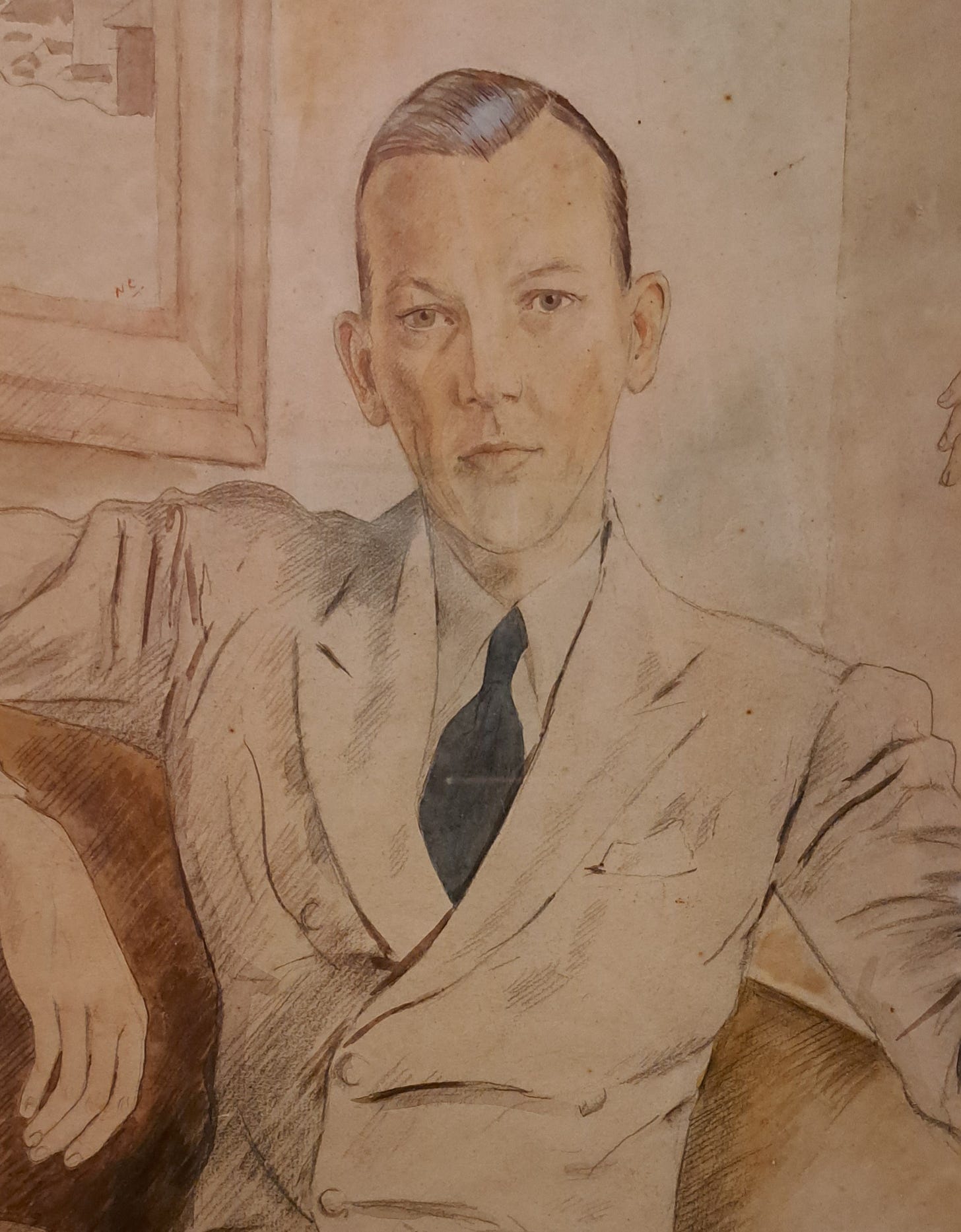
Thank you Peter, for a very thoughtful piece. I do agree, today's mainstream theatre does seem to be a little too much in love with its past, with the same 'safe' classics doing the rounds. But your enjoyable post makes me want to see this play - great actors, a clever conceit and brilliant script.